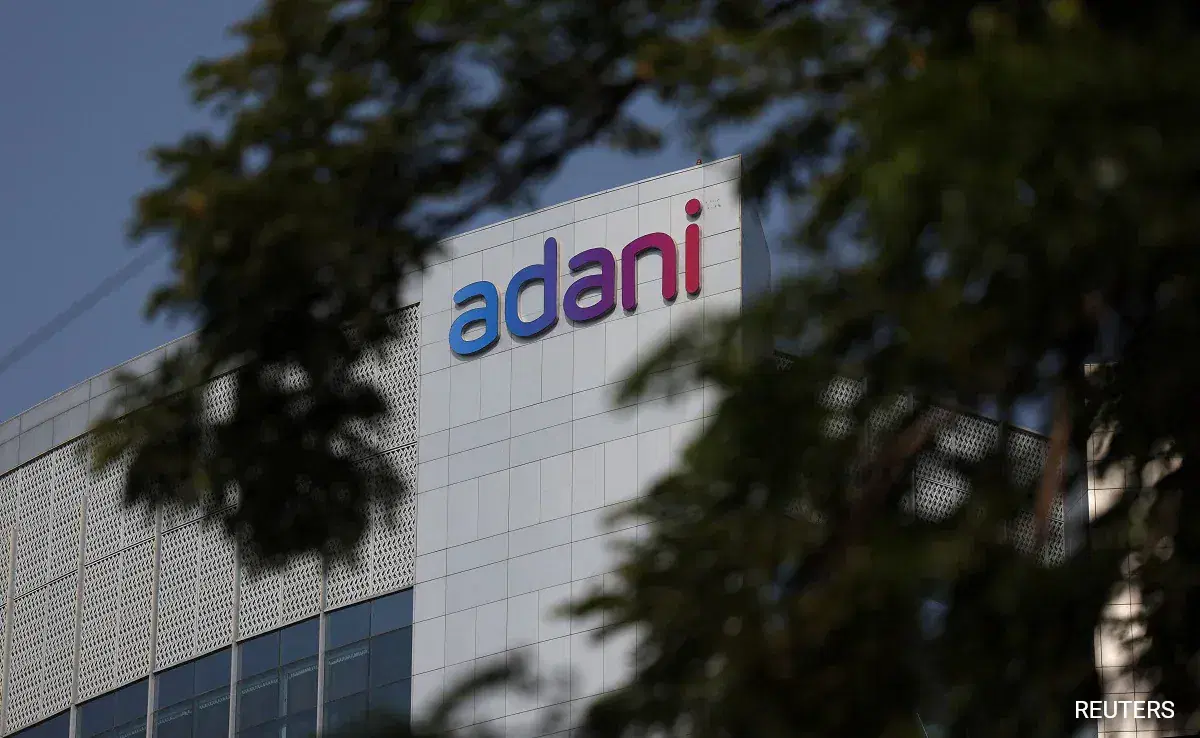Afrinvest, in its latest macroeconomic update titled Nigeria’s Debt Statistics… High Risk or Not?, has warned that Nigeria’s debt profile requires urgent attention to prevent further decline.
The report, which examines insights from IMF First Deputy Managing Director Gita Gopinath’s recent visit, underscores the need for immediate fiscal action.
During her visit, Gopinath characterized Nigeria’s debt level as moderate rather than high risk, providing a cautiously optimistic view of the country’s fiscal position.
On Nigeria’s debt sustainability, Gopinath said, “We (IMF) assess debt sustainability for countries every year, and we did this for Nigeria in our report for 2024. Our assessment was that the risk of sovereign stress for Nigeria is moderate and not high risk.”
However, she cautioned that the IMF’s assessment was not a justification for Nigeria to take on more debt.
She stated, “No, I will not go that path. The point is that you want to stay moderate, and you don’t want to move into a high-risk debt level. I just want to highlight the fact that while the country’s sovereign debt is said to be moderate, we are living in a world with a lot of shocks and a large amount of uncertainty.
“And if you look at the interest payment as a share of revenues, 75 per cent of revenues go into interest payment. That means there is hardly any money for social support or development spending. Therefore, to make sure that debt stays at a manageable level, it is also important to do more domestic revenue mobilisation.”
Gopinath also stressed that savings from fuel subsidy removal should be channeled into government reserves instead of being used inefficiently.
Overall, the IMF Deputy Director highlighted the need for Nigeria to strengthen revenue generation through better tax collection, reduced leakages, and stricter fiscal discipline.
In response to the visit, experts at Afrinvest, in their macroeconomic update, agreed with the IMF’s stance, emphasizing the need for a long-term strategy focused on reducing debt dependence. They stressed the importance of prudent spending, enhanced tax collection, and efficient budget allocation, all within the context of sustainable economic growth.
“However, we believe Nigeria’s debt profile demands immediate action to prevent further deterioration. Recall the Q3:2024 debt statistics published by the Debt Management Office, which showed that total public debt surged to N142.3tn—the highest nominal level on record—driven by a widening budget deficit and the adverse impact of exchange rate depreciation on external debt.
“Specifically, domestic debt rose 3.3 per cent quarter-on-quarter to N73.4tn, marking a 24.2 per cent increase as of 9M:2024. The local debt accounted for 51.6 per cent of total public debt—within the DMO’s 70.0 per cent domestic debt mix cap. Meanwhile, external debt jumped 9.2 per cent q/q to N68.9tn, reflecting an 80.2 per cent increase, largely due to the continued depreciation of the naira, which fell 11.9 per cent in Q3 to average N1,579.22/$,” Afrinvest stated.
Analysts noted that Nigeria’s total public debt-to-GDP ratio reached 52.8% (based on 9M debt and FY nominal GDP), surpassing the 40% limit set in the 2020–2023 Medium-Term Debt Management Strategy and approaching the 55% risk threshold for developing countries.
Commenting on the high debt servicing allocation in the 2025 budget, Minister of Budget and Economic Planning Atiku Bagudu stated that sustained positive economic conditions could help reduce it.
Bagudu made this statement on Monday during the KPMG Budget 2025 Day, which was aired on Arise TV.











